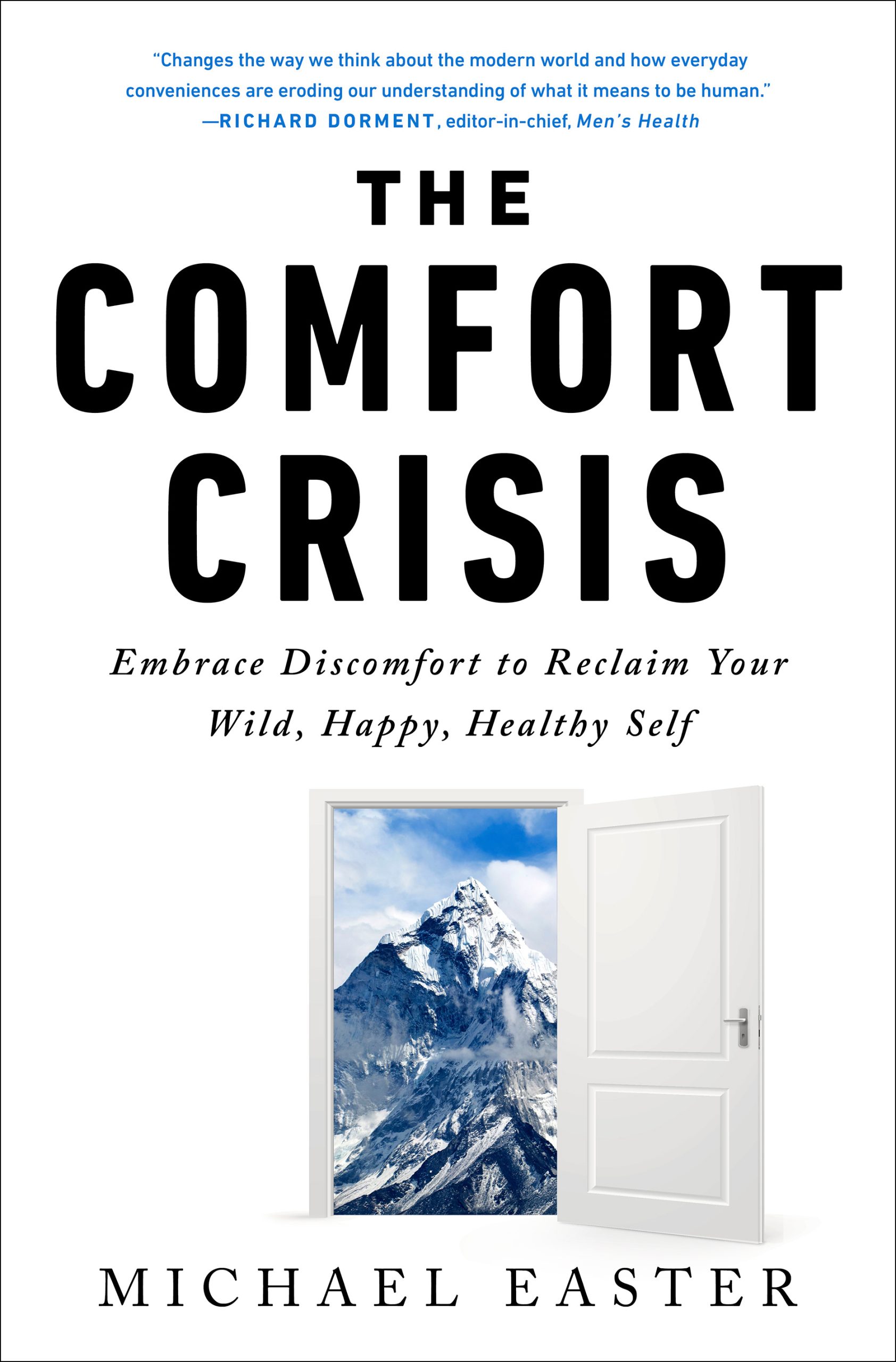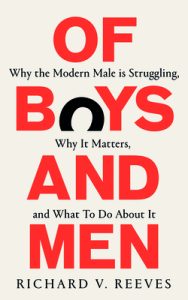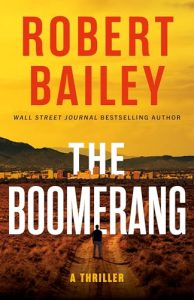
In The Comfort Crisis: Embrace Discomfort To Reclaim Your Wild, Happy, Healthy Self, journalist Michael Easter makes a bold argument: our modern comfort is killing us slowly. With our climate-controlled homes, instant food delivery, and digital conveniences, we have eliminated nearly every form of struggle from daily life. Yet Easter insists that this very lack of challenge may be what fuels our dissatisfaction, anxiety, and declining physical health.
Easter takes readers along on a remarkable journey that blends travel writing, science reporting, and personal reflection. From the rugged backcountry of Alaska to the philosophical heights of Bhutan, he investigates what happens when we push beyond the limits of comfort. The book’s central idea is that human beings evolved to thrive through hardship. When we remove all friction, we lose our vitality.
The Core Message
Easter introduces the concept of a misogi a personal challenge designed to test both mind and body. A true misogi, he explains, is something you have only a fifty percent chance of completing. It should be private, meaningful, and deeply uncomfortable. For one person, it might mean running a marathon without preparation; for another, hiking alone through wilderness. The point is not the accomplishment itself, but the growth that comes from struggle.
He also draws from the Japanese saying mee-tak-huh, which roughly means “nothing is permanent.” Recognizing impermanence, Easter argues, is essential for resilience. The discomforts, losses, and anxieties we face are temporary and acknowledging this allows us to move through them instead of being paralyzed by them.
Throughout the book, Easter explores the physical and psychological effects of comfort: our sedentary routines, constant snacking, and chronic overstimulation. He dives into scientific research about intermittent fasting, exposure to nature, and the benefits of silence. Even simple habits like spending five hours a month in nature or embracing hunger for short periods can dramatically improve our mental clarity and happiness.
The Strengths
What makes The Comfort Crisis so compelling is Easter’s immersive storytelling. His 33-day Alaskan hunting expedition is vividly told, and he skillfully connects his personal experiences to the broader scientific insights about endurance, stress, and creativity. The book reads like a blend of Into the Wild and Born to Run, yet it also feels like a self-help manual grounded in evolutionary biology.
Easter’s enthusiasm is contagious. His writing invites readers to confront their own “tiny circles of routine” and to rediscover what it means to be fully alive. The book succeeds in motivating readers to step outside, get uncomfortable, and face their limitations with curiosity rather than fear.
The Weaknesses
That said, The Comfort Crisis has its blind spots. Some readers have pointed out Easter’s superficial understanding of cultural concepts like misogi a Shinto purification ritual he reinterprets to fit his theme. Others found the book overly masculine in tone, focusing on extreme outdoor adventures while overlooking the quieter forms of discomfort found in caregiving, service, or emotional vulnerability.
Additionally, the narrative occasionally struggles with structure. The alternation between personal anecdotes and scientific discussion can feel disjointed, and the prose sometimes tries too hard to impress. Critics also note that Easter tends to cherry-pick data and occasionally oversimplify complex psychological or sociological issues.
Despite these flaws, his message remains valuable: comfort, while seductive, can dull our spirit. Pushing past it through challenge, risk, and even failure reminds us what it means to be human.
Final Thoughts
The Comfort Crisis is not a perfect book, but it is an invigorating one. It challenges our assumptions about happiness and health, offering a powerful reminder that growth lives on the edge of discomfort. Whether or not you agree with all of Easter’s methods, his call to embrace the wildness within is one worth hearing.
If you’re ready to rethink your relationship with ease, technology, and modern convenience, this book might just be the spark you need.


